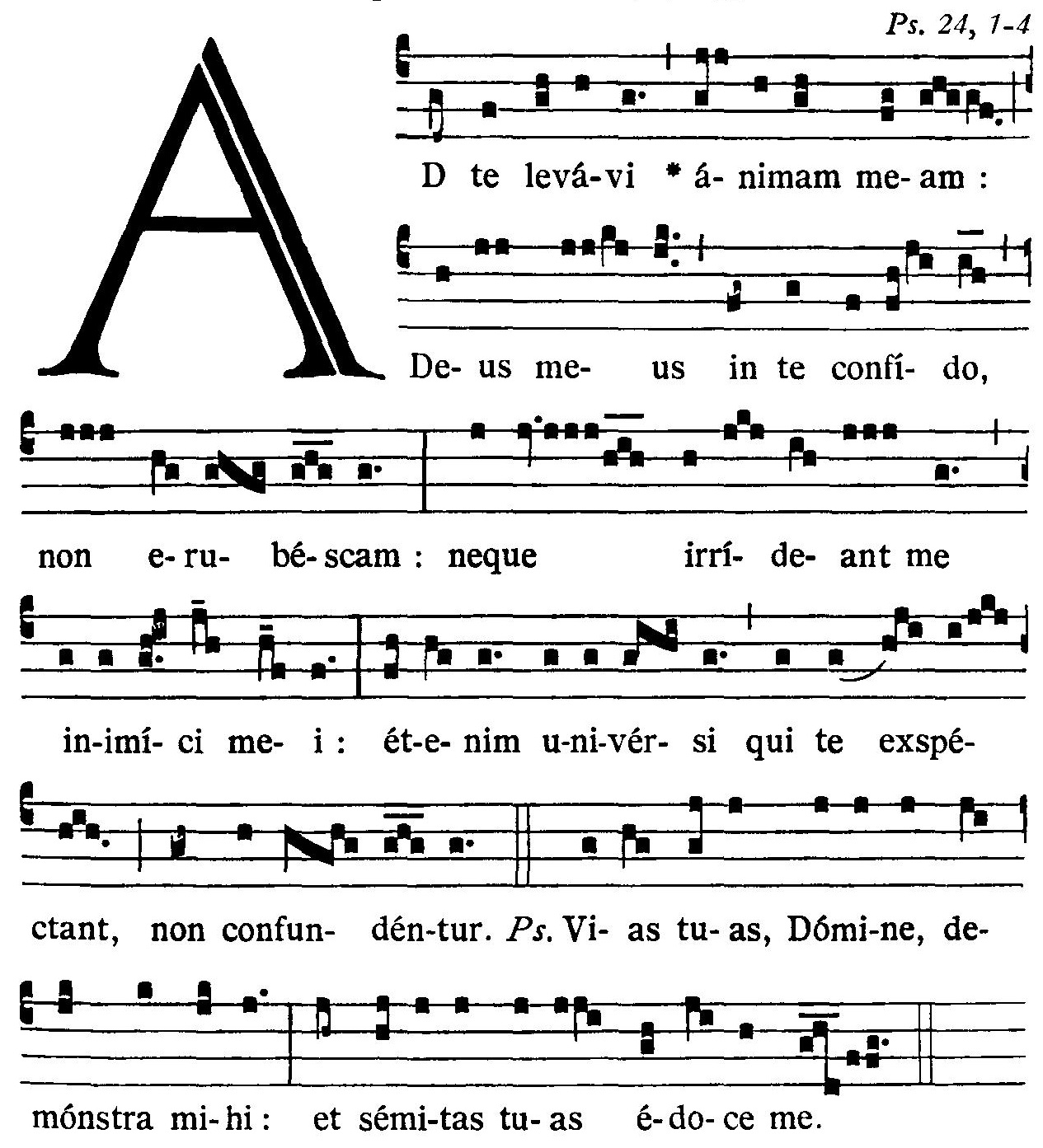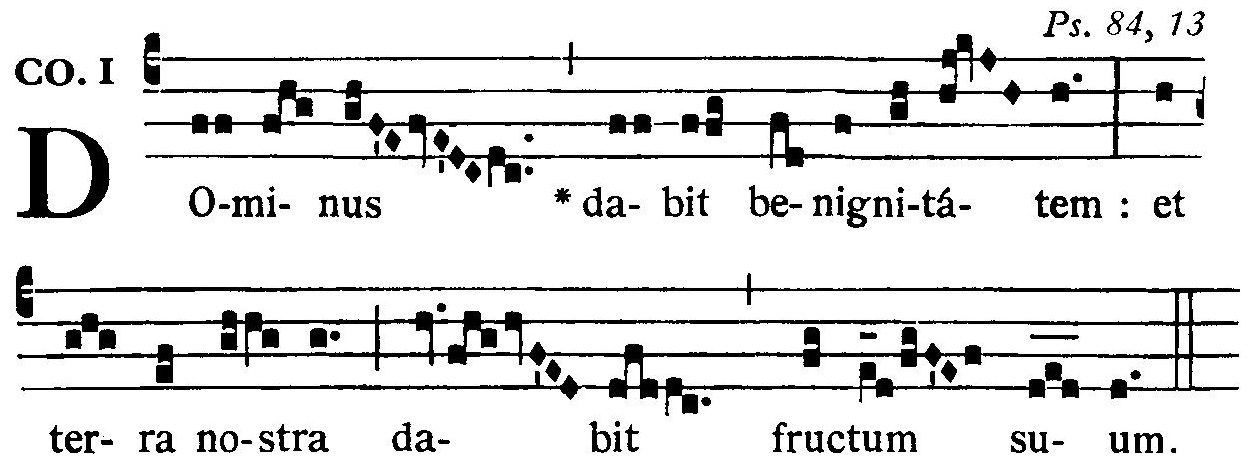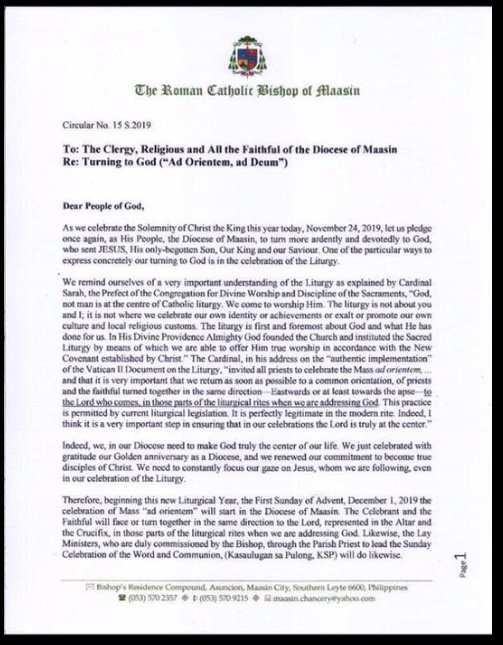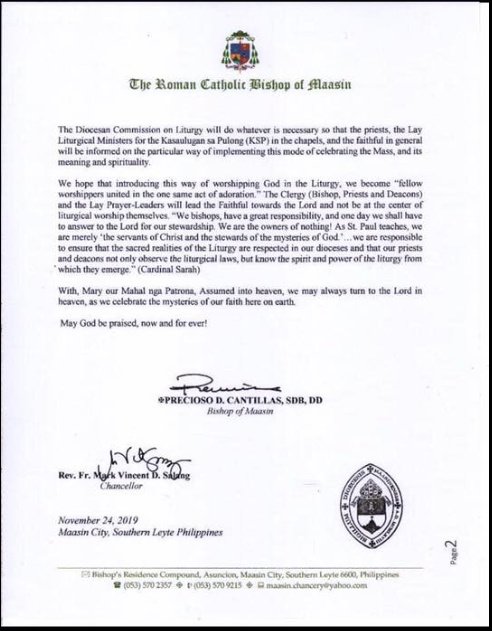Ant. ad introitum Cf. Ps 24, 1-3
Ad te levávi ánimam meam,
Deus meus, in te confído, non erubéscam.
Neque irrídeant me inimíci mei,
étenim univérsi qui te exspéctant non confundéntur.

Non dicitur Glória in excélsis.
Collecta
Da, quǽsumus, omnípotens Deus,
hanc tuis fidélibus voluntátem,
ut, Christo tuo veniénti iustis opéribus occurréntes,
eius déxteræ sociáti, regnum mereántur possidére cæléste.
Per Dóminum.
Dicitur Credo.
Super oblata
Súscipe, quǽsumus, Dómine, múnera
quæ de tuis offérimus colláta benefíciis,
et, quod nostræ devotióni concédis éffici temporáli,
tuæ nobis fiat prǽmium redemptiónis ætérnæ.
Per Christum.
Præfatio I de Adventu.
Ant. ad communionem Ps 84, 13
Dóminus dabit benignitátem,
et terra nostra dabit fructum suum.

Post communionem
Prosint nobis, quǽsumus, Dómine, frequentáta mystéria,
quibus nos, inter prætereúntia ambulántes,
iam nunc instítuis amáre cæléstia et inhærére mansúris.
Per Christum.
Adhiberi potest formula benedictionis sollemnis.
© Copyright – Libreria Editrice Vaticana
Messalino in PDF con letture in lingua italiana (da stampare su fogli A3 fronte/retro)
Missalette in PDF with readings in English (to be printed on A3 sheets, front/back)




